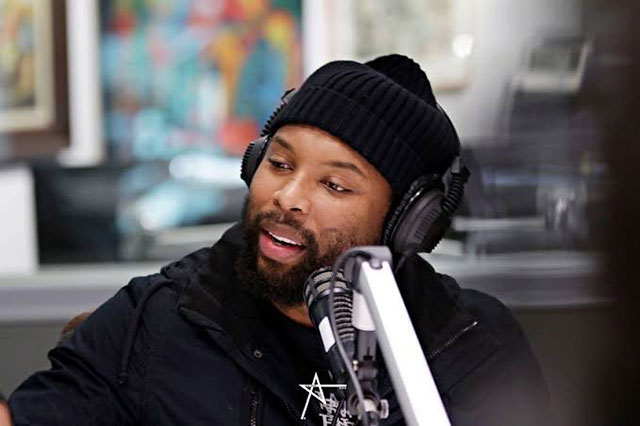
When a short clip stirred a long debate
A seemingly offhand remark by former Police Minister Bheki Cele during his testimony before Parliament’s Ad Hoc Committee has sparked wider debate across South Africa. The clip in question featured Cele asserting that Lieutenant-General Nhlanhla Mkhwanazi was an “apartheid career policeman created to ensure that Black men don’t survive.” The video then went viral and raised more questions than answers.
“Mkhwanazi wasn’t even a cop back then”
Veteran broadcaster Sizwe Dhlomo took to his X account to challenge Cele’s statement, bluntly pointing out that Mkhwanazi was not a police officer during the apartheid era. His response quickly gained traction, with users joining the discussion and urging caution before forming conclusions based on short clips.
Social media heats up
The reaction online was immediate and layered. Some users sided with Cele, arguing that his remark was metaphorical rather than literal. Others aligned with Dhlomo, emphasising the importance of context, full testimony, and proper verification. A recurring comment was, “Don’t rely on short clips, please, you will get misled.”
Why the moment matters
In a media environment driven by quick takes and viral snippets, this incident highlights a deeper issue: the way public figures’ remarks can be extracted and amplified, often without context. In South Africa, where history is layered and political memory runs deep, such omissions can reshape narratives and perceptions. When a former minister references apartheid to characterise a present-day official, the consequences extend beyond sound bites.
[WATCH] "I heard Malema saying Mkhwanazi is a career policeman. Yes, he is an apartheid career police, created to ensure that black men don't survive." – Bheki Cele.#Newzroom405 pic.twitter.com/7CY2jLqeUF
— Newzroom Afrika (@Newzroom405) October 23, 2025
A larger conversation on truth and context
This exchange urges us to ask: how much do we trust the sound bite? As South Africans scroll through feeds, share clips, and comment, the reminder isn’t just about Cele, Mkhwanazi, or Dhlomo. It’s about a culture of media literacy and the value of full statements over fragments. The viral clip was the spark. The fire is a conversation about how truth is shaped in the digital age.
Source: Briefly News
Featured Image: African Insider




